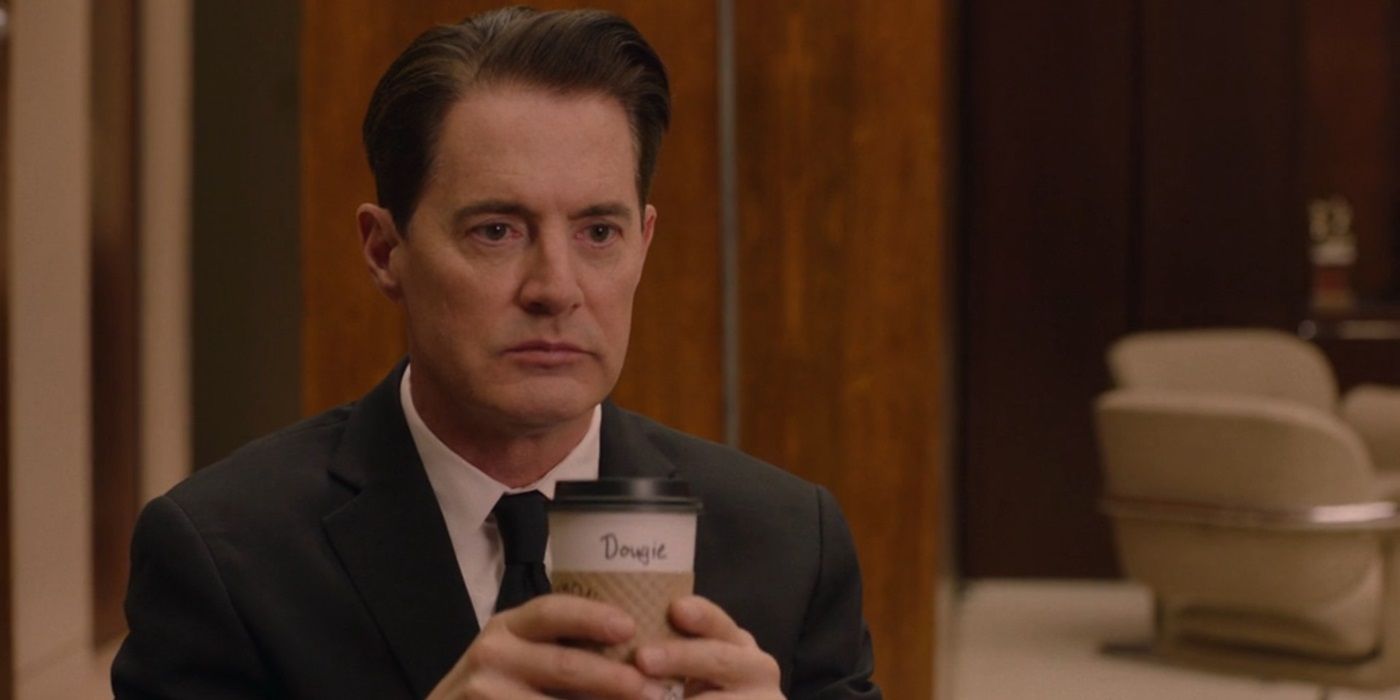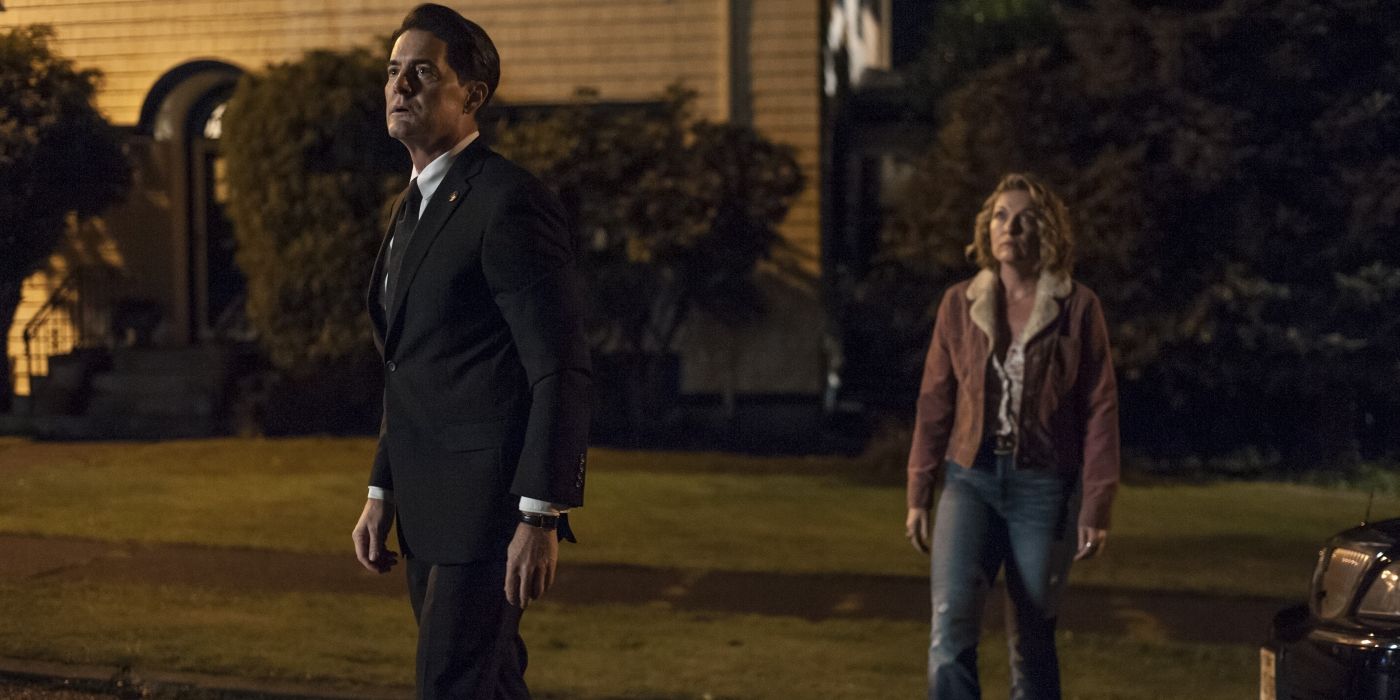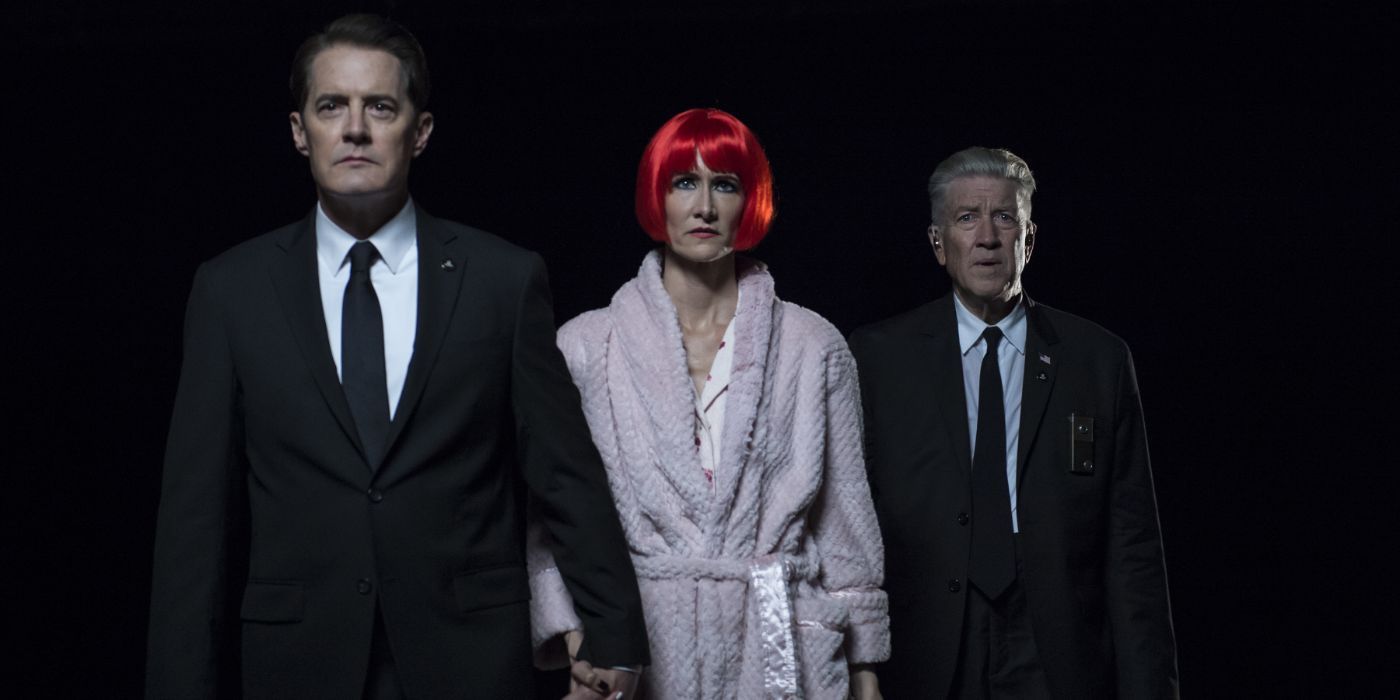Summary
- David Lynch's Twin Peaks remains a beloved cult classic even after 34 years thanks to its unique storytelling and mysterious world.
- Twin Peaks: The Return breathed new life into the series by subverting expectations and introducing experimental elements, setting up a poignant ending.
- Despite ongoing speculation about Season 4, Twin Peaks should end with The Return's cyclical and poetic conclusion.
Arguably one of the most recognizable and beloved David Lynch properties, Twin Peaks is always primed to come back in style and weave its way back into speculation discussions. Even thirty-four years after its 1990 premiere, fans can't stop talking about Twin Peaks.
However, with recently renewed talk around Netflix passing on Lynch's projects and the director's possible Season 4 ideas, should the iconic series really come back for more? Executive Producer Sabrina Sutherland recently fanned the reboot flames, and while the internet has sprung into a premature frenzy, it's possible that Twin Peaks should not come back for more.
A History of the Original Twin Peaks
When Twin Peaks premiered in 1990, it was unlike anything on television. Combining the melodrama of a soap opera with esoteric and surreal storylines, plus the nonlinear, dream-like quality of David Lynch's direction, it created a whole new and special world. Though the premise sounds deceptively simple, involving a small-town murder mystery, it's much more than that.
The show begins with the discovery of Laura Palmer's body. Laura was a local Twin Peaks high schooler and homecoming queen. When FBI Special Agent Dale Cooper arrives in town to investigate her murder, facades unravel and dream logic prevails. As Cooper delves more into the mystery, he uncovers Laura's double life, and he has dreams of clues and leads, including a one-armed man and a giant, who propel him deeper into a world beyond our own. Audiences learn of demons who feed on human pain and sorrow, devouring it as a creamed corn-like substance they all "garmonbozia." It's revealed that one of those demons, BOB, has possessed the body of Laura Palmer's father, Leland, and made Leland kill his own daughter.
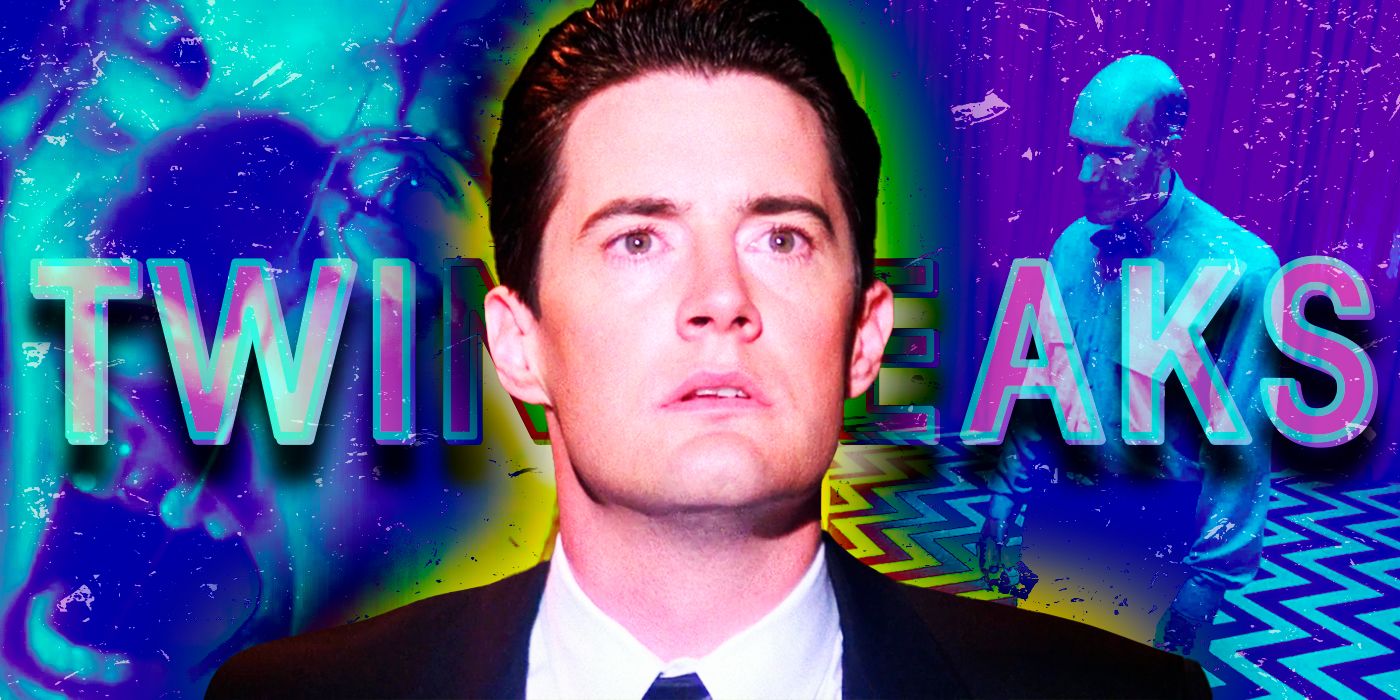
Twin Peaks Fans' Biggest Season 2 Criticism Is Invalid
One of the best shows of all time, David Lynch's Twin Peaks is loved by many even though its second season is often the target of unfair criticism.Throughout the episodes, Cooper learns about the Black Lodge and the White Lodge, two other dimensional places with entrances that converge in the town. At the end of the second season, Cooper finally enters the Black Lodge and finds a red room that resembles a place he dreamed about, where he meets Man From Another Place and Laura Palmer, who speak to him in backward riddles. The infamous Season 2 cliffhanger reveals that the Cooper who returned to the real world was not the real Cooper but an evil doppelgänger and that the real Agent Cooper remains trapped in the Lodge.
Following the second season, the 1992 film Twin Peaks: Fire Walk with Me acted as a prequel, chronicling Laura Palmer's last days alive. Audiences experience her double life and her turmoil and pain, as she discovers that BOB, the man who has been assaulting her, is also her father. The brutal final minutes depict Laura's murder but also her entrance into the Black Lodge, where she sees a vision of an angel, a White Lodge figure, symbolizing that perhaps she can yet find peace.
Why Twin Peak: The Return Was the Perfect Continuation of the Series
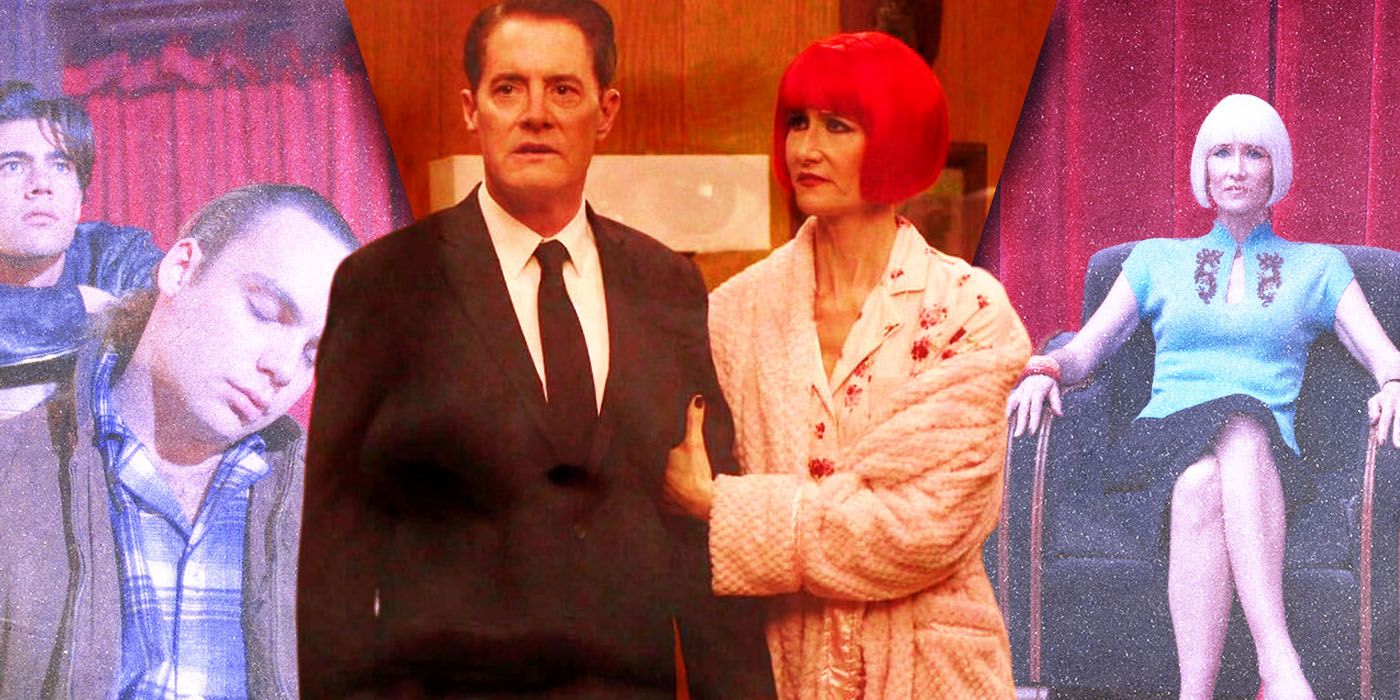
12 Best Twin Peaks Episodes, Ranked According To IMDb
Twin Peaks showcased some of the most enthralling hours of television ever produced. However, some episodes are rated more highly than others.Twenty-five years after Fire Walk with Me, the original series finally got a chance to come back with 2017's Twin Peaks: The Return. As strange occurrences continue to be regularity in Twin Peaks, Cooper remains trapped in the Black Lodge while his doppelgänger, Mr. C., runs free, wreaking havoc, and planning his return to the Black Lodge. The Return also catches viewers up on the fates of other town residents, while the spectacular Part 8 reveals more nightmarish elements about the Black Lodge and how humanity's decision to perpetrate destruction (symbolized through the dropping of the atomic bomb) unleashed the Lodge denizens into the normal world.
The real Cooper eventually returns from the Black Lodge and believes he has a plan to save Laura Palmer once and for all. He crosses dimensions and time to save Laura from ever being murdered at a key point, but instead trigger an alternate dimension, erasing Laura and Cooper and the original story from ever existing. When new Cooper (now Richard) takes the new Laura (now Carrie) to reunite with her mother and finds only a stranger in her house, Laura/Carrie screams, perhaps remembering bits of her mixed-up timeline, allowing the series to end on a perfectly haunting note.
The intensity and ambiguity of The Return's finale are what make it so special, David Lynch has mastered the art of never over-explaining and of appreciating the beauty in the unknown. He's also smart enough to know that the old saying is true: "You can't go home again." Rather than try to recreate a world that no longer exists the singular lightning-in-a-bottle aura of the 1990's Twin Peaks, David Lynch created arguably his most Lynchian story yet with The Return. with a different tone, pacing, and story. Interestingly, the title The Return, hints that this show won't be the same Twin Peaks as times have changed.
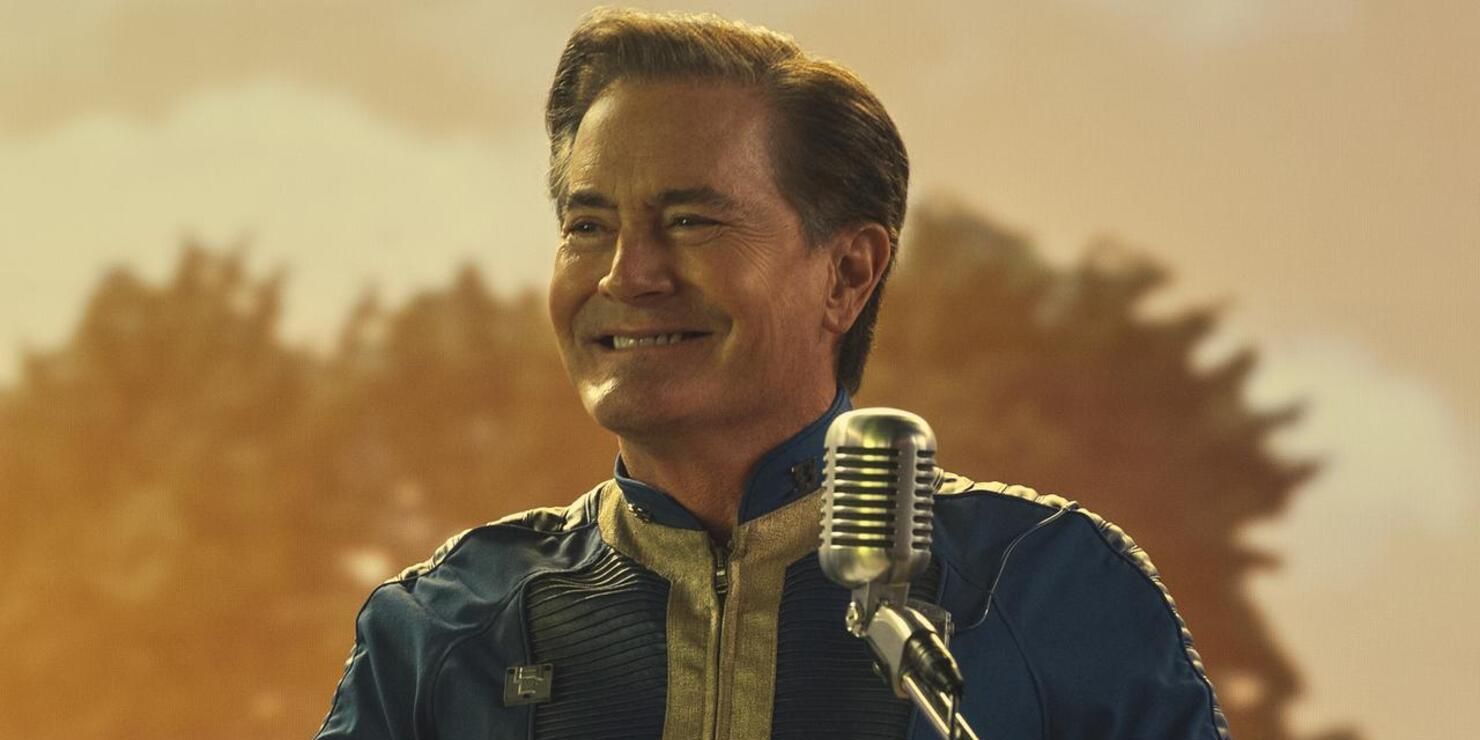
Fallout Star Kyle MacLachlan Sheds Light on "Mysterious" Hank MacLean
In an interview with CBR, Fallout actor Kyle MacLachlan drops hints about Hank MacLean and compares the TV series to his experiences with David Lynch.Lynch smartly subverted expectations by hardly having the original Cooper onscreen until the end. Instead of the Cooper fans had been pining for, most of actor Kyle MacLachlan's screentime was devoted to Dougie Jones, another copy of Cooper. This tulpa was kindhearted and innocent, and unlike Mr. C. Dougie, it learns to be a human, communicating in oddly inflected echoes of what other people say and giving tentative thumbs-ups. For nearly the entire time, viewers wished to see Cooper instead, and yet, when Dougie was finally gone, he was missed.
The Return also saw some of the franchise's most experimental moments. From the black-and-white Part 8, including the haunting woodsmen asking for a light, to a full two-minute scene of simply sweeping the floor set to "Green Onions," it created something strange and engrossing. Because it didn't try to recreate the original series, it flourished, whereas most reboots these days feel off and like failures, because they try too hard to go home again.
Why Twin Peaks Should End With The Return

10 Weirdest Twin Peaks Episodes, Ranked
Twin Peaks is known for its nightmarish atmosphere and bizarre imagery, leading up to some of the weirdest episodes that ever aired on TV.It's natural to want more of something that you love, but too much of a good thing spoils it. Despite ongoing speculation about a Season 4, Twin Peaks should not be resurrected again. The Return set up the perfect ending, part cliffhanger, part perfectly poetic, one that series co-creator Mark Frost believes is the perfect, poignant end. Cooper and Laura's stories are destined to continue forever until Cooper can learn to overcome his fatal flaw: that Laura will always be in danger and he can never save her — but he'll never stop trying. The cyclical nature of the nightmare is the ending.
The story has always been fighting against closure. David Lynch famously never wanted to reveal Laura's killer in Season 2, but was pressured to by the networks. He was able to leave Audrey Horne's fate ambiguous in The Return and created a more compelling if tragic story because of it.
So while fans are left with a bittersweet taste of wanting more, they are also blessed with never having their love and memories of any era of Twin Peaks tainted by reboot fatigue. People should always want more answers. People should always be mulling on meaning. Too much explanation dulls an impact, as David Lynch well knows. "Eraserhead is my most spiritual film," he once said in an interview with BAFTA. When asked to elaborate, he famously replies: "No." So while Twin Peaks is many viewers' most spiritual show experience, should it, too, be elaborated on? In the words of its own co-creator: no.
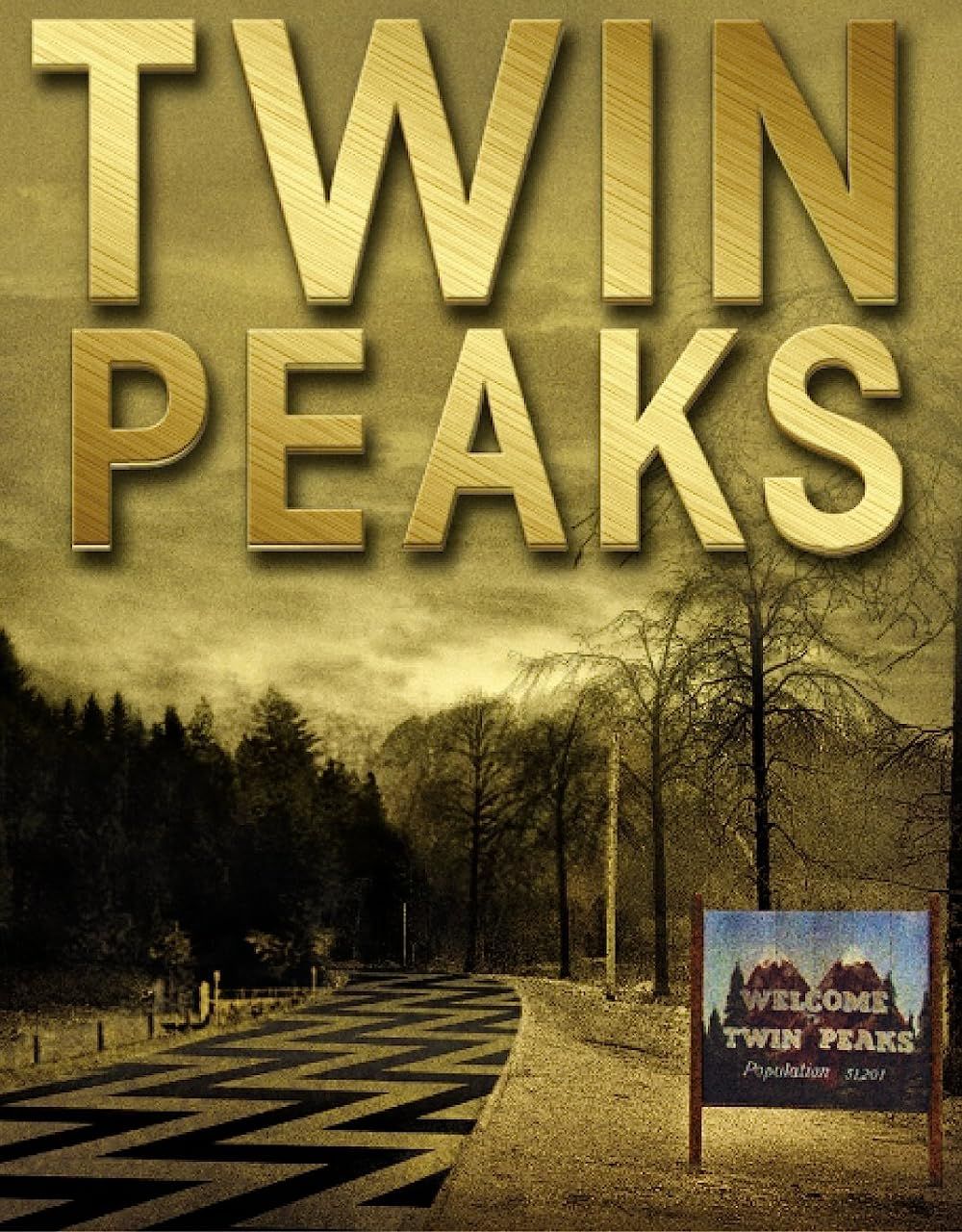
Twin Peaks
An idiosyncratic FBI agent investigates the murder of a young woman in the even more idiosyncratic town of Twin Peaks.
- Release Date
- April 8, 1990
- Cast
- Kyle MacLachlan , Mädchen Amick , Dana Ashbrook
- Main Genre
- Crime
- Seasons
- 3 Seasons
- Creator
- Mark Frost, David Lynch
- Producer
- Mark Frost, David Lynch, Sabrina S. Sutherland
- Production Company
- Lynch/Frost Productions, Propaganda Films, Spelling Television, Twin Peaks Productions, Showtime, Rancho Rosa Partnership
- Number of Episodes
- 48 Episodes

